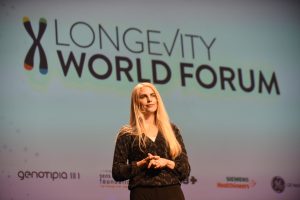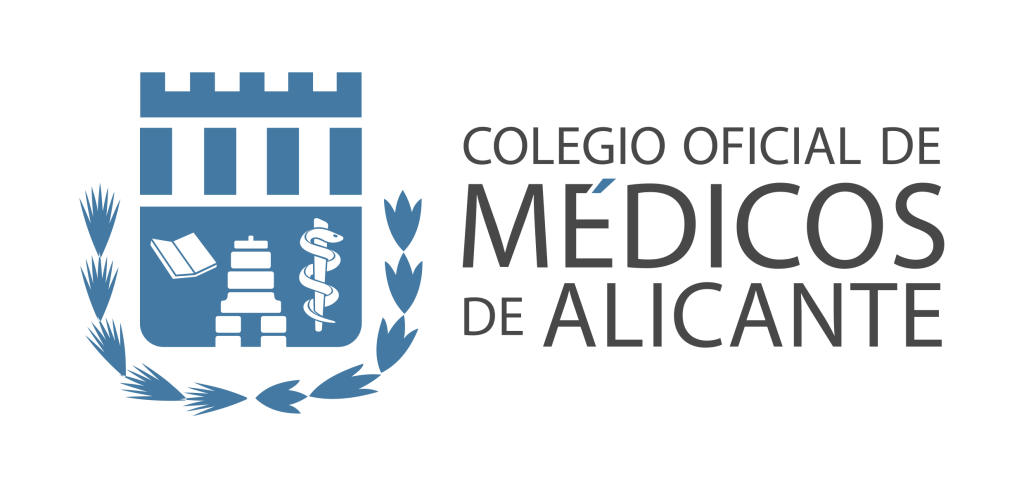Manuel Serrano is internationally recognised in the field of tumour suppression. In addition to his discovery of the p16 gene, one of his most important discoveries has been the identification of cellular senescence as a main anti-oncogenic response. In this the second edition of Longevity World Forum, he will share his extensive experience, as well as the advances on which he is currently working at the Institute for Research in Biomedicine (IRB Barcelona).
What did the discovery of the p16 gene mean to you personally and professionally? What specific medical applications has it had?
Discovering the p16 gene is one of my greatest and most satisfying scientific achievements. On a personal level it taught me a lot, including the value of teamwork and luck. I’m very proud of it, but I don’t take full credit for it either. Professionally it has opened many doors for me and it has given me international visibility very early on in my career.
The p16 gene is used to diagnose certain types of hereditary cancer, and also to determine the prognosis of certain types of tumours. Perhaps the most important value of p16 was to understand how the cancer-protective pathway known as p16/CDK4/cyclinD/Rb works. Chemotherapy targeting CDK4 is now a reality with great results for an advanced type of breast cancer and everything suggests that this type of chemotherapy will be very useful for other types of cancer.
After more than a decade at Spain’s National Cancer Research Center (CNIO), what is the main lesson you would highlight?
There are several: a leading research centre needs first class support units, with the best specialists and the best equipment; in addition, it needs to choose scientists with the highest possible quality requirements which, in addition to a magnificent list of publications, must include creativity, strategic issues, the ability to collaborate, and international visibility.
Why found a company like Senolytic Therapeutics to specialise in cellular senescence?
Because companies are the only way to turn scientific results into tangible advances for society, in this case into new medicines. Drug development is an incredibly complex, uncertain and expensive process. There is no way you can start this process without private investments. Personally, participating in this process is a fascinating challenge that is teaching me so much.
What lines of research are you currently developing at IRB?
We want to understand how tissues respond to damage (and the word damage includes aging, degenerative diseases, and cancer). Understanding these answers may give us clues as to how to avoid and treat many diseases. One half of the laboratory is concentrating on cell senescence, which is one of the main responses of damaged cells; and the other half is concentrating on cell plasticity, which is the basis of tissue (and possibly cancer) regeneration.
What link have you and your team found between tumour suppressor genes and aging?
Tumour suppressor genes protect us from cancer and, in actual fact, from many diseases. In this sense they are very beneficial. However, if they are constantly active (e.g., because of continued or excessive exposure to damage), this protection may actually accelerate aging.
What is the next big milestone in cell reprogramming that will we see in the near future?
I think it will be manipulating reprogramming with drugs or with biological agents (antibodies or small peptides). We and many others are working in this direction.
You are already testing scientific advances on ageing in the laboratory; when will they have a real application in human beings?
I think this is a long way off. First of all we need to be able to treat degenerative diseases that are typical of ageing, such as fibrosis, which to a certain extent are the accelerated and local ageing of an organ. This is much more realistic and closer in time.
Can we talk about immortality, as some people have been announcing for some time now, or is this not a concept that can be contemplated scientifically?
We still do not know how to delay the progression of many degenerative diseases (Alzheimer’s, fibrosis, etc.), let alone reverse them. When this happens, we may then be able to consider delaying aging and extending our healthy years. I don’t know how to use the word immortality, I don’t know if it is meant to literally mean an eternity (an astronomer would tell me that neither the earth, nor the sun, nor the galaxy are eternal) or if it’s meaning is figurative. I don’t see any point in talking about something so intangible.” I prefer to concentrate on much more modest goals, such as delaying a degenerative disease.
Why did you decide to participate in a congress such as the Longevity World Forum and what would you say are the highlights of such a meeting?
Longevity World Forum brings together the best specialists in the world and each one contributes their own perspective. This is very enriching. Everyone has a way of looking at the problem of aging and for me it is a great opportunity to learn.





